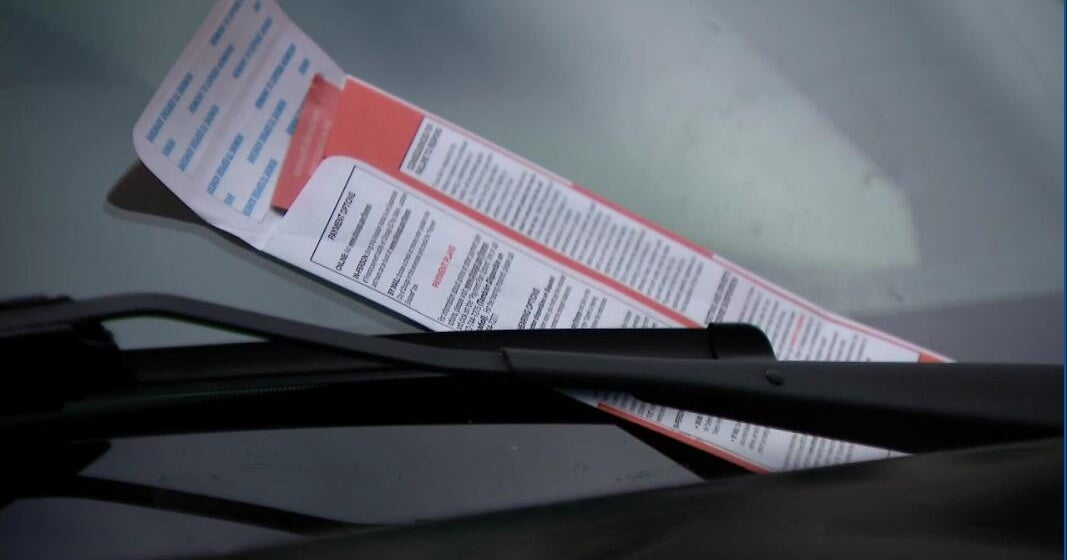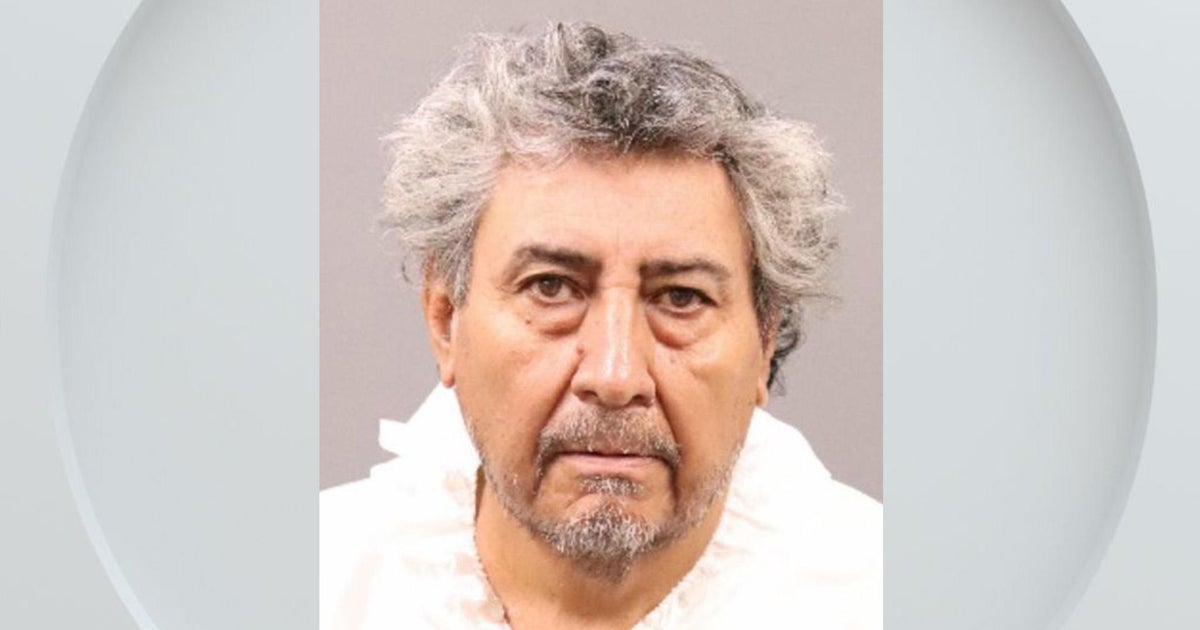Longest-serving exonerated man in Illinois filing lawsuit
CHICAGO (CBS)—A Chicago man who spent more than 40 years in prison for a crime he didn't commit is now suing Chicago police, Cook County prosecutors, and the city of Chicago.
Jimmy Soto's attorneys say he's seeking damages from the agencies who failed him.
In 1981, Soto and his cousin, David Ayala, were convicted of a double murder in Little Village.
Last December, 11 days before Christmas, prosecutors asked a judge to vacate Soto's and Ayala's convictions, all charges against them were dropped, and they were set free. The two are believed to be the two longest-serving wrongfully convicted people in Illinois state history.
On Tuesday, Soto filed a federal lawsuit against dozens of Chicago police officers, three Cook County assistant state's attorneys, Cook County, and Chicago. His lawsuit accuses police of coercing false testimony against him, and of failing to prosecute two other people suspected in the murders.
Soto said he deserves more than $200 million in damages.
"What really is the measure of justice for someone who has spent 42 years in prison? The conditions were horrendous, and the psychological toll and the physical toll it took upon me, I don't know if we can actually put a metric to that," Soto said. "Are those who are accountable really going to be held to that responsibility of putting me into the prison? I don't know."
Police accused of coercing witnesses, destroying evidence
Soto, 63, and Ayala, 61, were convicted almost entirely based on coerced witness testimonies, according to their attorneys. There was no physical evidence that tied the cousins to the double murder, and they never confessed to any involvement.
Soto's lawsuit claims police coerced a man to falsely implicate him in the murders, and fabricated police reports in the case. That man was later the sole witness against Soto and Ayala at trial.
"Defendants built an entirely false case against Mr. Soto by fabricating false evidence and suppressing exculpatory evidence that Mr. Soto could have used to defend himself in the criminal trial against him. As a result, Mr. Soto was convicted of murder," the lawsuit states.
The lawsuit also claims, immediately after the shooting, witnesses identified two other suspects, and police soon arrested one of them, but the case against him did not proceed. That's when police and prosecutors conspired to implicate Soto and Ayala, according to the lawsuit.
Soto's lawsuit accuses police of convincing the star witness in the case to falsely claim that, on the day of the shooting, there was a gang meeting in the basement of Ayala's home, where he ordered gang members to shoot rival gang members in Pietrowski Park, and that Ayala gave Soto a handgun, drove him and another man to the park to shoot the victims.
The lawsuit claims none of the people that witness claimed were at Ayala's house ever confirmed the fabricated story.
Soto also claims police falsely arrested at least a dozen other people and threatened them into making false statements to corroborate the star witness' claims, and then filed fabricated police reports to cover up their actions, and destroyed evidence that could have exonerated Soto and Ayala before their trial.
However, at trial, that witness was the only person to testify against Soto and Ayala. The lawsuit claims other witnesses have testified the prosecution's star witness admitted he was coerced into lying to implicate Soto and Ayala.
After Soto was released from prison last year, he said the transition back home had been a challenge.
"At times, I'll wake up in the middle of the night and I know I'm out. And it's like, I'm sweating and I'm crying. Why am I crying? I should be so happy; joyful I'm out," said Soto, "but I just feel like I don't belong here."
According to the lawsuit, a month before he was exonerated, Soto graduated magna cum laude with a bachelor's degree from Northwestern University's prison education program. He's now working as a paralegal and plans to get his law degree.








